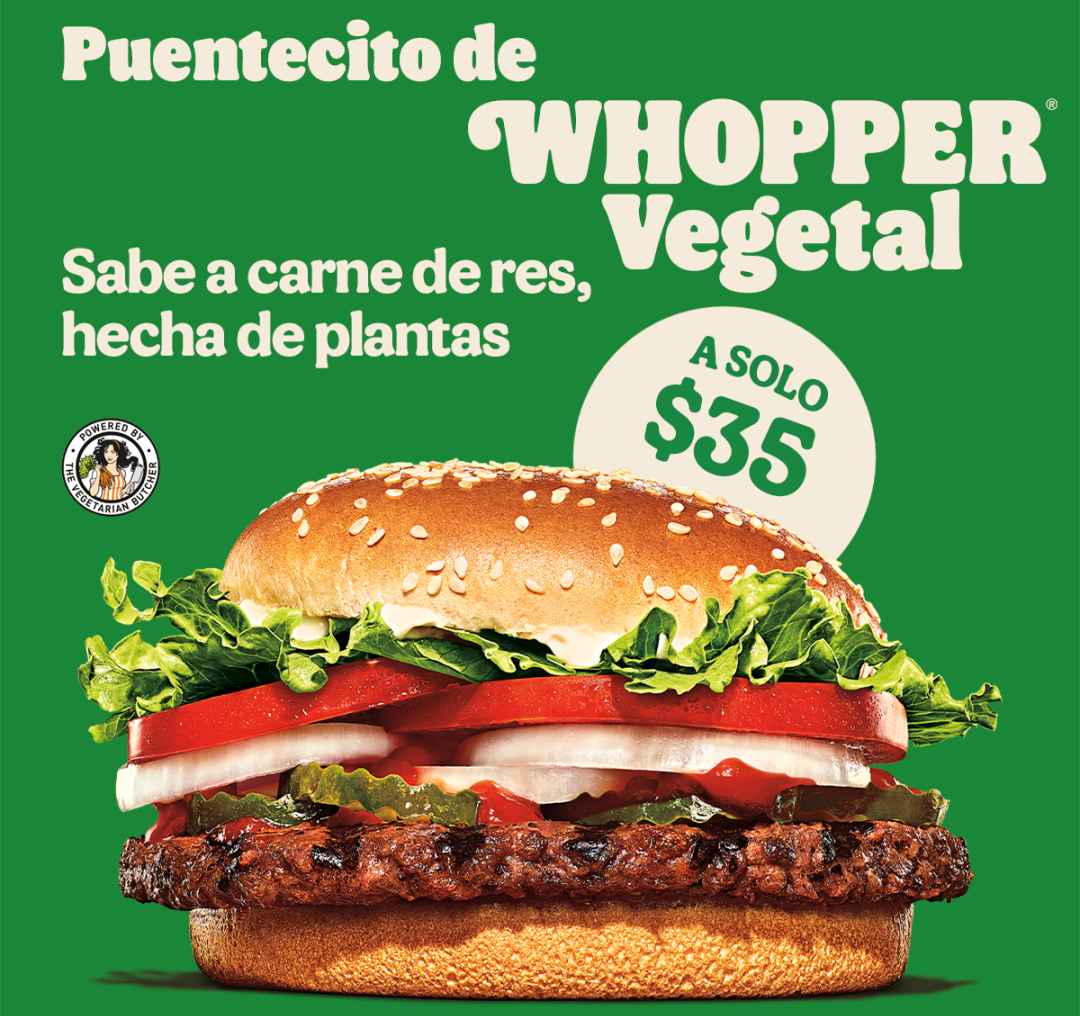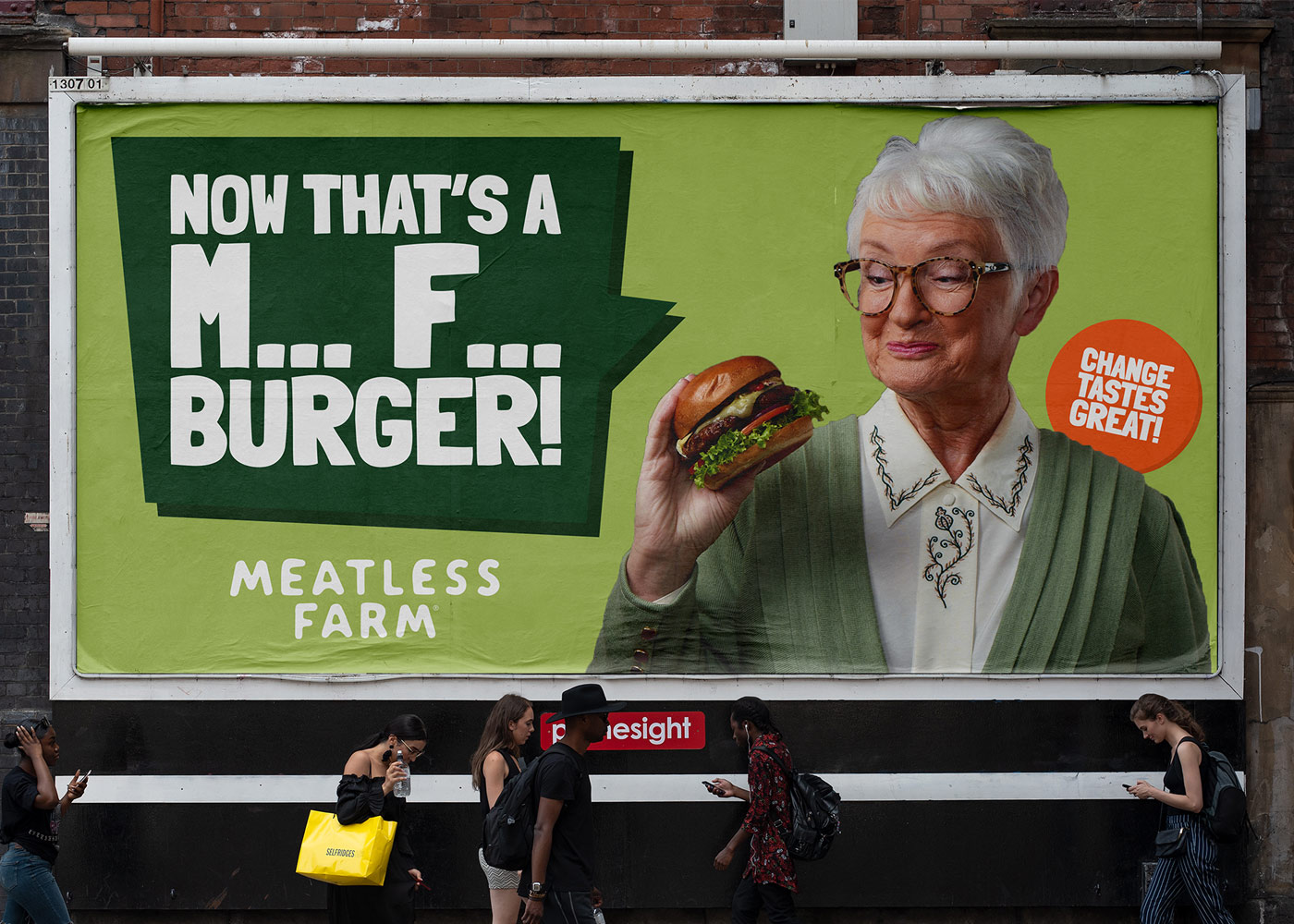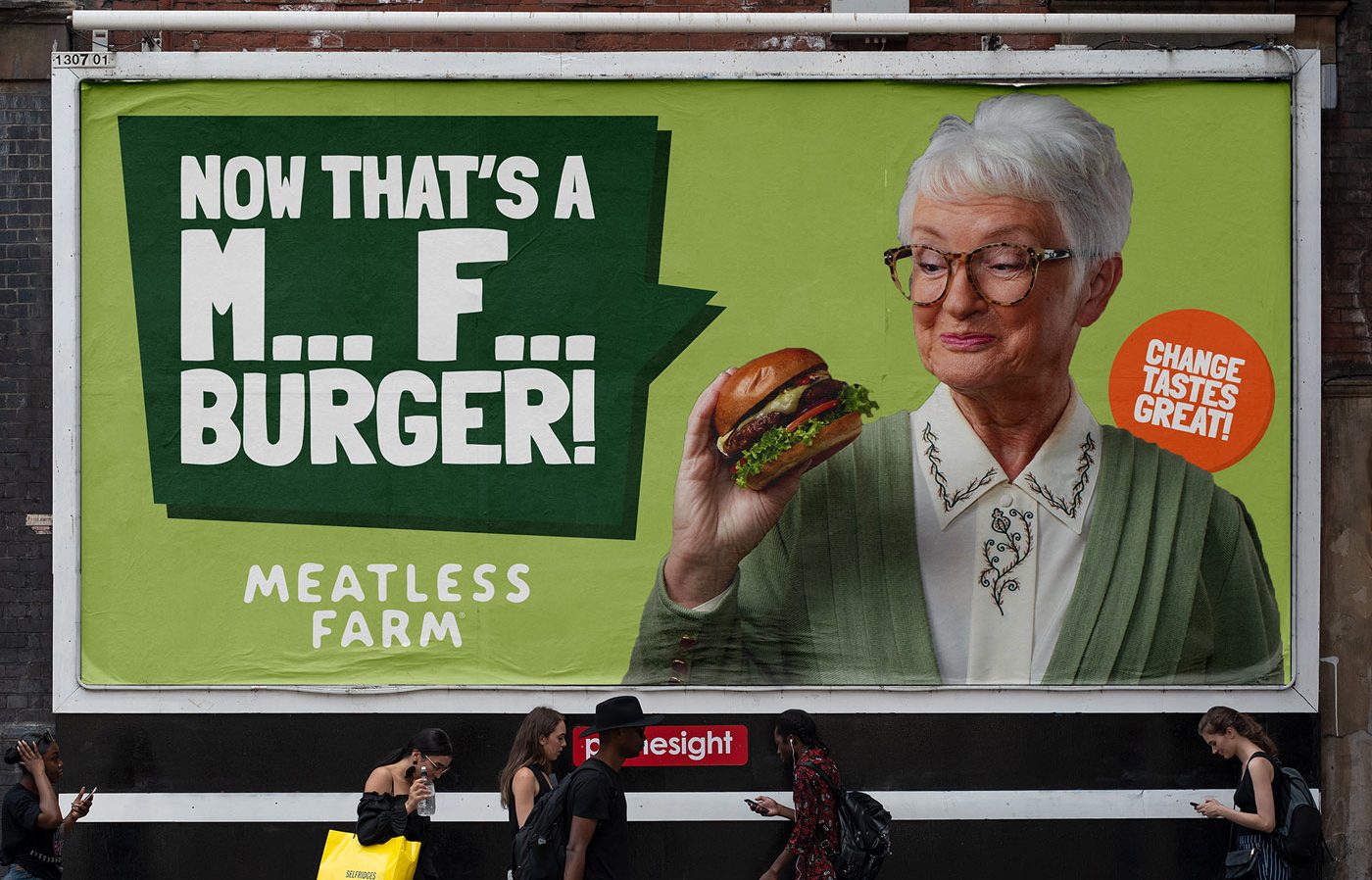One such initiative that has gained significant traction in recent years is Meatless Monday, also known as Lunes Sin Carne, an international nonprofit campaign that encourages people to abstain from consuming meat on Mondays. This campaign aims to reduce the consumption of animal-derived foods for health reasons and to promote environmental sustainability.
Meatless Monday Movement Origin
Originating in 2003 by The Monday Campaigns Inc. in partnership with the Johns Hopkins Bloomberg School of Public Health’s Center for a Livable Future in the United States, Meatless Monday strategically chose Monday as the day to promote healthier decisions at the beginning of the workweek, capitalizing on people’s willingness to adopt new habits. Throughout history, similar concepts have been used during critical times such as World Wars to encourage the reduction of key food consumption and vital resources.
Today, Meatless Monday has expanded globally and has become a recognized movement involving various institutions and individuals in promoting healthier and more sustainable eating habits. The objective of Meatless Monday is to promote healthier and more sustainable diets by encouraging people to abstain from consuming meat on Mondays. This initiative seeks to improve individual health, contribute to environmental protection, and raise awareness about the impacts of meat consumption on health and the planet.
To incorporate more plant-based proteins into the diet, various strategies can be followed, including the inclusion of protein-rich plant foods such as legumes, grains, pseudocereals, nuts, seeds, and eggs for those following a vegetarian diet. By combining these foods in a balanced and varied diet, it is possible to ensure an adequate intake of plant-based proteins to maintain a healthy and balanced diet.
The importance of Meatless Monday for brands
The importance of Meatless Monday for brands lies in the opportunity it presents to align with a growing movement towards healthier and more sustainable eating habits. By participating in Meatless Monday initiatives, brands can:
- Promote Health and Sustainability: Brands can position themselves as advocates for health and environmental sustainability by supporting Meatless Monday. This can enhance their image as socially responsible entities committed to promoting well-being and reducing their ecological footprint.
- Engage with Consumers: Participating in Meatless Monday allows brands to engage with consumers who are increasingly conscious of their dietary choices and environmental impact. By offering meatless options or promoting plant-based alternatives, brands can connect with a growing segment of health-conscious and environmentally aware consumers.
- Differentiate Themselves: Embracing Meatless Monday can set brands apart from competitors by showcasing their commitment to promoting healthier eating habits and sustainability. This differentiation can attract consumers looking for brands that share their values and prioritize health and environmental concerns.
- Drive Sales: By offering meatless products or promoting Meatless Monday campaigns, brands can attract new customers interested in plant-based options. This can lead to increased sales and brand loyalty among individuals seeking healthier and more sustainable food choices.
Participating in Meatless Monday initiatives can not only benefit brands by enhancing their image and engaging with consumers but also contribute to the larger goal of promoting health and sustainability in the food industry. By embracing this movement, brands can play a significant role in encouraging healthier and more sustainable dietary habits among consumers worldwide.
Examples of Meatless Monday Brands Campaigns
Burger King Meatless
Meatless Monday seeks to encourage a reduction in meat consumption and for you to be part of this initiative, Burger King’s Vegetable Whopper offers all the flavor and juiciness you expect from the classic Whopper, but with a totally vegetal touch. This move not only responds to the growing demand for plant-based alternatives, but also demonstrates Burger King’s commitment to evolving fast food toward a more conscious approach.
After having sinned a little in the tastes during the weekend, the Vegetable Whopper that tastes like beef, but is made from plants! It is certainly a good start to the week: freshly cut lettuce, fresh tomatoes, pickles, sliced onions and a vegetable meat medallion made from plants! The same flavor and texture of the classic Whopper with a juicy meat, made with soy, wheat, vegetable oil and herbs! The best thing is that it contains 0% cholesterol, contains 30% fewer calories and 40% less fat than the Classic Whopper.

Meatless Farm’s Campaign
According to The Business Desk, Meatless Farm was launched in the UK in 2018 with its UK base in Leeds and now operates in over 20 countries including the US, Germany, Spain and the Netherlands. It has become one of UK’s top three best known plant-based brands and recorded 148% year-on-year net sales growth in 2020, out-performing a fast-growing category.

MUST Read Articles:
-
Starbucks mug recall: Which cups can cause burns and injuries?
-
Cannes Lions 2024: A Star-Studded Lineup of Speakers Igniting Creativity and Inspiration
-
Basic Principles of Neuromarketing: What Are They?
-
Elena Larrea, the Mexican cowgirl who died at 30 and built a horse sanctuary with her OnlyFans earnings
-
National Sloppy Joe Day: Why It Is Celebrated on March 18












